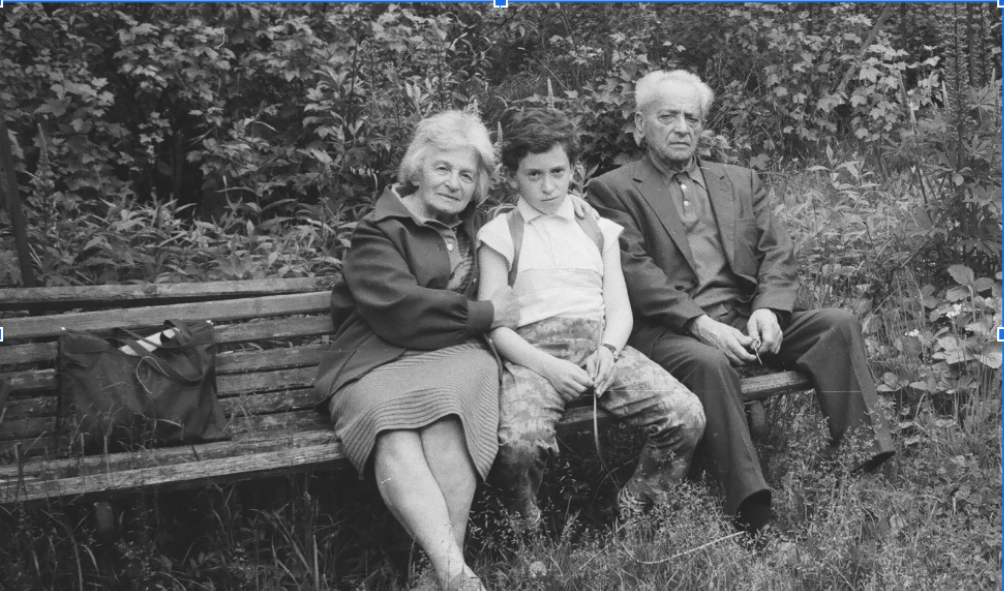The Last Boy by Arik Sharga, Israel
I loved my grandpa. He didn’t talk much, but when he did, he was honest and precise. He was as reliable as a human being can be. When I was 5, my parents divorced, and grandpa was like a father for me.
In his youth, he survived the siege of Leningrad during World War II, then fought against the Nazis. When a commander of his unit mocked him for being a Jew, he slapped him in the face and was immediately sent to a penal battalion. The guys from such battalions were regarded as expendables. But he survived and got back to his home fighting unit. Later he pulled out that very commander from a burning tank.

He had a very weak vestibular system and could hardly stand on a stool, but during the war, he served in landing troops and made over 100 parachute jumps. Those years hardened him, but the memories remained as lifelong trauma.
My grandpa wanted me to become as honest, reliable and hardworking as he was himself. He used to put me on his lap, making me watch him craft or fix something in his tiny 2 square meter workshop. That seemed boring to me, but I never dared to show or express it. I kept sitting on his lap, smelling a mixture of scents created by wooden details, metal instruments, grandpa’s cardio pills and his bad cigarettes. He could fix everything in the house, so there was always something for me to learn from him, but my thoughts were far away from that stuffy workshop.
At the age of 13, I took part in a huge concert, playing guitar and singing songs. Several days before that concert I visited my grandparents. As I was heading out, my grandpa called me up and said very seriously: “Well, bye, my friend. Be a Man.” I was surprised by this sudden pathetic. I said my goodbye and left. My thoughts were on my upcoming concert. I saw myself as a rising star. Later that evening my grandpa felt sick and was taken to a hospital. I knew he had some issues with his heart, and it wasn’t the first time he was hospitalized. I didn’t pay much attention. I didn’t arrange the time to visit him at the hospital. I barely even asked about his condition.
On the night after I performed in the concert, my friends were calling me with congratulations. I was pleased and happy. Suddenly one of my friends asked me about my grandpa. I was confused. “He is better… I guess. What can happen to him?” However, this did not compel me to pay him a visit at the hospital. I stayed at home. I was in a great mood.
Nobody was home. I was alone, sitting on the floor, listening to Vladimir Vysotsky’s records, singing along, enjoying myself. I was really high. Then I heard my mom entering the flat. I paused the music. She entered my room, silently, her face was very pale. She sat down on a chair, put me on her lap and said very quietly, almost whispering: “You’re now the last boy in our family”.
I was so shocked that I couldn’t even cry. I didn’t have a way to express what I felt. There were two sides to my shock: one of huge loss, and one of huge disappointment in myself.
It was 24 years ago, but I still feel that shame. I’m still trying to fix myself and be attentive to my loved ones. Before it’s too late.
*Original family photograph by Arik Shraga






Leave a Comment
Want to join the discussion? Feel free to contribute!